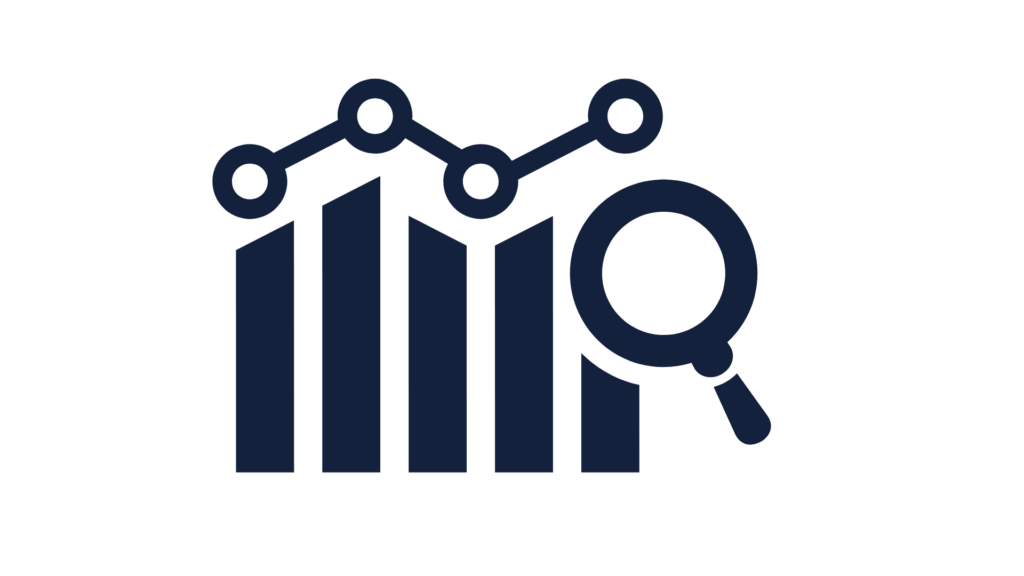Have you ever wondered why DEIA (Diversity, Equity, Inclusion, and Accessibility) is treated as an add-on rather than a standard practice? Too often, it’s framed as a temporary initiative—something a company “tries out” rather than a fundamental part of how it operates. Worse, it has been misrepresented in political discourse as nothing more than filling quotas or hanging an LGBTQ+ flag during Pride Month.
But DEIA is about more than optics. It’s about addressing inequities that create barriers for people within the workplace and in our communities – in the past, or in the present. For example, DEIA ensures equitable pay for women, accommodations for diverse religious practices, parental leave policies that work for all parents, and making workplaces accessible for disabled employees. So why do so many companies treat it as a program that can be discarded rather than embedding it into their workplace policies permanently?
The Problem: DEIA as an Afterthought
The issue is clear: Many organizations see DEIA as an initiative they can scale back or eliminate rather than as an essential component of workplace equity. When DEIA is deprioritized—when the first departments to be cut during layoffs are DEIA teams—it sends a clear message about what a company values.
Beyond that, many companies apply the principles of DEIA performatively. They highlight initiatives to attract consumers, particularly those from marginalized backgrounds, but when social or political winds shift they quietly dismantle those efforts. We’ve seen this play out recently: Target significantly scaled back its DEIA initiatives after political pressure, including Trump’s calls to fire all DEI employees in the federal workforce. Other corporations have followed suit, reacting to external pressure rather than committing to long-term structural equity.
These rollbacks don’t just impact employees—they hurt the businesses themselves. Companies that abandon DEIA commitments often face reputational damage and employee dissatisfaction. More importantly, they reinforce the idea that diversity, equity, inclusion, and accessibility are optional rather than fundamental to their workplace.
DEIA shouldn’t be a choice. There shouldn’t be an opt-out button for equity.

The Data Speaks for Itself
If you’re still unsure whether efforts to cultivate diversity, equity, inclusion, and accessibility should be the new standard, consider these statistics:
- Fair Workplaces Drive Performance: Employee performance is 26% higher in environments with strong fairness policies. (WorldatWork)
- Paid Family Leave Supports Economic Stability: California’s paid leave law was found to increase the number of hours worked by new mothers from 10% to 17%. One year post-birth, the California policy had increased the probability of mothers returning to work by 18%. (NCFR)
- Diversity Improves Financial Performance: Companies in the top quartile for gender diversity are 25% more likely to financially outperform their peers, while those in the top quartile for ethnic diversity show a 27% financial advantage. (McKinsey & Company)
- Inclusive Teams Make Better Decisions: Teams that prioritize inclusion make better business decisions 87% of the time and do so twice as fast with half the meetings. (LinkedIn Learning)
What Standardized Equity Looks Like
Equitable parental leave should support all new parents while recognizing the unique recovery needs of those who give birth. Salary transparency and clear pay structures should be the norm to eliminate wage gaps. Workplaces should normalize hybrid and remote work to accommodate caregivers. Hiring and promotion processes must be designed to be fair and unbiased, ensuring opportunities are open to all. And accessibility should not be a secondary consideration—it should be built into workplaces from the start, from captioning video and audio recordings to providing ergonomic workspaces and digital accessibility.
If these policies seem like a luxury rather than a necessity, ask yourself why fairness in the workplace should ever be considered optional.
The Solution: Making Equity Non-Negotiable
The solution is simple: make these policies standard, not optional. Everyone deserves equal pay, parental leave, and fair hiring and promotion practices. This starts with recruitment—ensuring that all qualified candidates can apply without fear of discrimination. Companies shouldn’t be debating whether they want to implement these critical practices. They should already be in place.
The Benefits of Standardization
Beyond being the right thing to do, embedding equitable policies into workplace structures leads to measurable benefits:
- Higher Employee Retention & Satisfaction – California’s paid family leave data shows that parents are more likely to return to work and stay in roles when they have support.
- Stronger Financial Performance – Companies with diverse leadership significantly outperform those that lack it.
- Reduced Bias & Discrimination – Standardized policies create fairness and eliminate case-by-case disparities.
Stronger Company Reputation – Consumers and job seekers prefer organizations with ethical, inclusive practices.
Conclusion: It’s Time for Action
It’s time to move beyond treating DEIA as an experiment and make equity the foundation of workplace policies. The data proves that equitable policies aren’t just good for employees—they’re good for business.
Companies shouldn’t get to opt out of fairness. They shouldn’t treat inclusion as a trend. They should be doing what’s right—not just when it’s convenient, but because it should have been the standard all along.
Let’s start the conversation, because real change begins when we stop debating equity and start demanding it as the norm.
Bibliography
National Council on Family Relations (NCFR). (n.d.). State Paid Parental Leave Policy. Retrieved from https://www.ncfr.org/policy/research-and-policy-briefs/state-paid-parental-leave-policy
Hunt, V., Yee, L., Prince, S., & Dixon-Fyle, S. (2018). Delivering through Diversity. McKinsey & Company. Retrieved from https://www.mckinsey.com/business-functions/organization/our-insights/delivering-through-diversity
LinkedIn Learning. (n.d.). Why Is Diversity and Inclusion Important? Explore Key DEI Stats. Retrieved from https://learning.linkedin.com/resources/learning-culture/diversity-workplace-statistics-dei-importance
WorldatWork. (2018). Reward Fairness and Equity. Retrieved from https://worldatwork.org/research/reward-fairness-and-equity
To learn how Project 2043 can help your organization foster inclusive and equitable practices, please contact us today.

 Words Have Power: How Language Shapes Perception and Reinforces Bias
Words Have Power: How Language Shapes Perception and Reinforces Bias